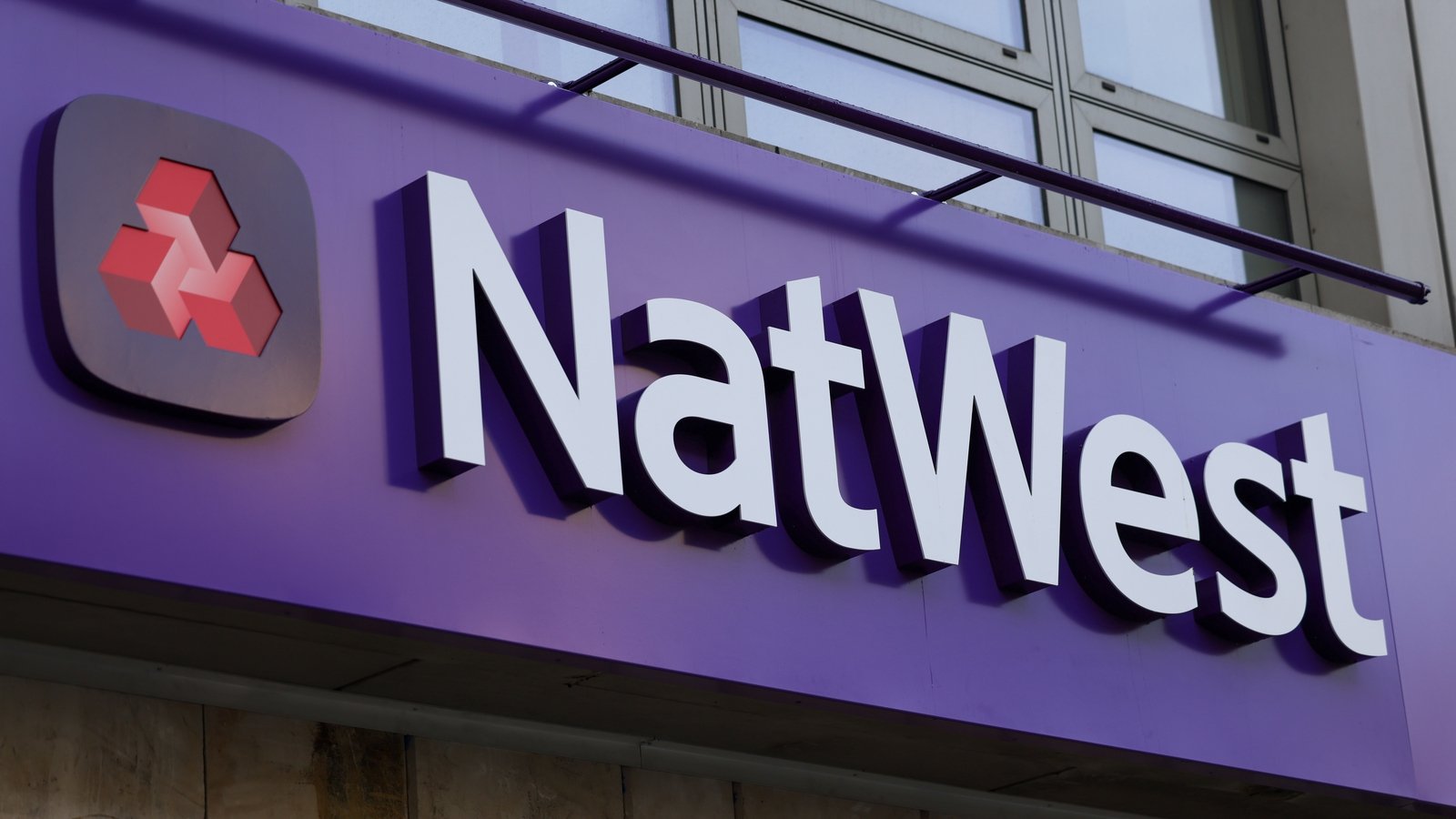Britain is poised to scrap a milestone sale of shares in NatWest Group to the general public, three sources familiar with the matter said just hours after Prime Minister Rishi Sunak called the UK’s first July general election since 1945.
Chancellor Jeremy Hunt and UK Government Investments, the agency that manages Britain’s holding in NatWest, were betting that the sale could jumpstart ambitions to promote wider retail ownership of UK stocks.
The July 4 poll now places the decision in the hands of the next government, the sources said, declining to be named pending official confirmation.
The UK finance ministry did not immediately respond to a request for comment.
Britain’s biggest casualty of the 2008-9 financial crisis, the lender formerly known as Royal Bank of Scotland, had been preparing to end what its chairman recently called the “sorry tale” of its partial state ownership.
The bank, which owns Ulster Bank, succumbed to a £46-billion bailout in 2008. Since then, a slew of CEOs have radically transformed NatWest from a sprawling global bank into a tightly-run domestic player, focused on UK household, consumer and business lending.
Some market commentators had cautioned against Hunt’s proposed sale, fearing that bank stocks may not be a wise investment for some inexperienced investors, especially those with a low tolerance for loss, as a cost of living squeeze continues.
The government held just under 27% of the bank’s stock as at May 13.

